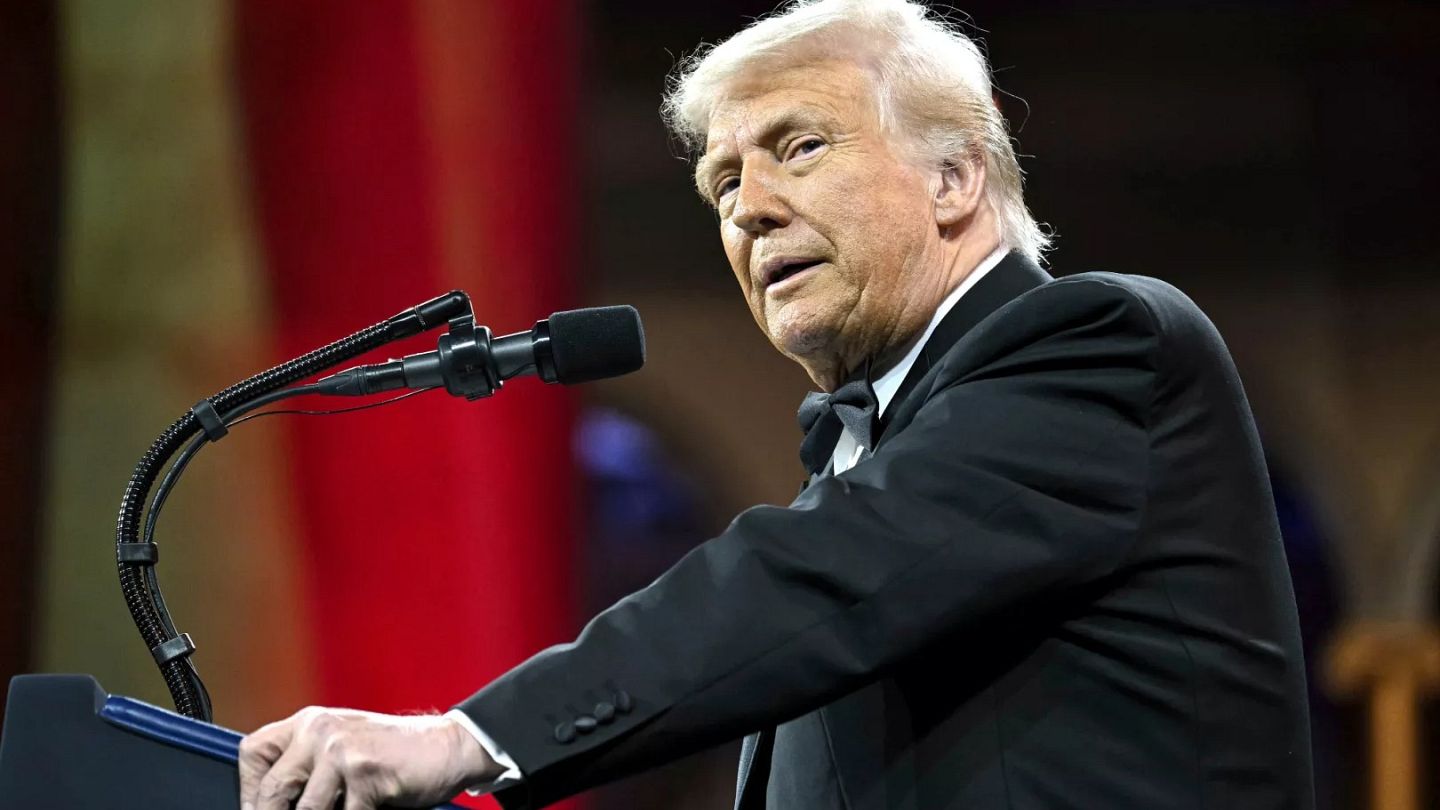President Trump will announce new tariffs targeting the pharmaceutical industry.
With his statement last week causing turmoil in global markets, U.S. President Donald Trump is now promising new tariffs targeting the pharmaceutical sector, which was previously exempted.
President Donald Trump is not done with charts and tariffs. Despite the significant bloodletting seen in global markets in recent days, he seems to stand by his promise of implementing more sectoral tariffs. During a fundraising dinner with Republicans on Tuesday, he said, "We will announce a big tariff on drugs very shortly," without providing further details. Trump's desire to bring more pharmaceutical production to the U.S. is one of the motivations behind the tariffs, and the country is currently the largest buyer of pharmaceuticals. However, some of the largest exporting countries may prefer to bear the extra costs of the tariff rather than move their production. For instance, India is one of the largest exporters of generic drugs to the U.S. According to a note from ING’s sector economist Diederik Stadig, generic drugs account for 6% of U.S. imports by dollar value. Generic drugs are cheaper copies of branded drugs that use the same components as products originally protected by chemical patents. Stadig stated, "We think it is unlikely that the largest generic drug manufacturers in India will shift (some of) their production to the U.S. just because production is cheaper in India." Which countries in Europe could be most affected? On the other hand, European companies producing branded drugs, which generally operate with higher margins, may see investing in U.S. production as a viable alternative. According to Stadig, "This will also lead to less drug production in Europe. This could result in job losses and hinder economic growth." The European countries most exposed to the potential U.S. tariffs are Ireland, Germany, and Switzerland. The Netherlands, Italy, and Belgium also export significant amounts of drugs to the U.S. Is Europe prepared? Leading players in the industry, including Novo Nordisk, Bayer, and Sanofi, held a phone conversation with European Commission President Ursula von der Leyen on Tuesday morning to discuss the implications of U.S. trade measures. Officials participating in the meeting warned that possible tariffs on the pharmaceutical sector could harm both European and American patients by disrupting global supply chains and reducing the availability of essential medicines. The European Commission expressed its desire to negotiate a solution with the U.S. administration, emphasizing the importance of a more collaborative transatlantic pharmaceutical market.


